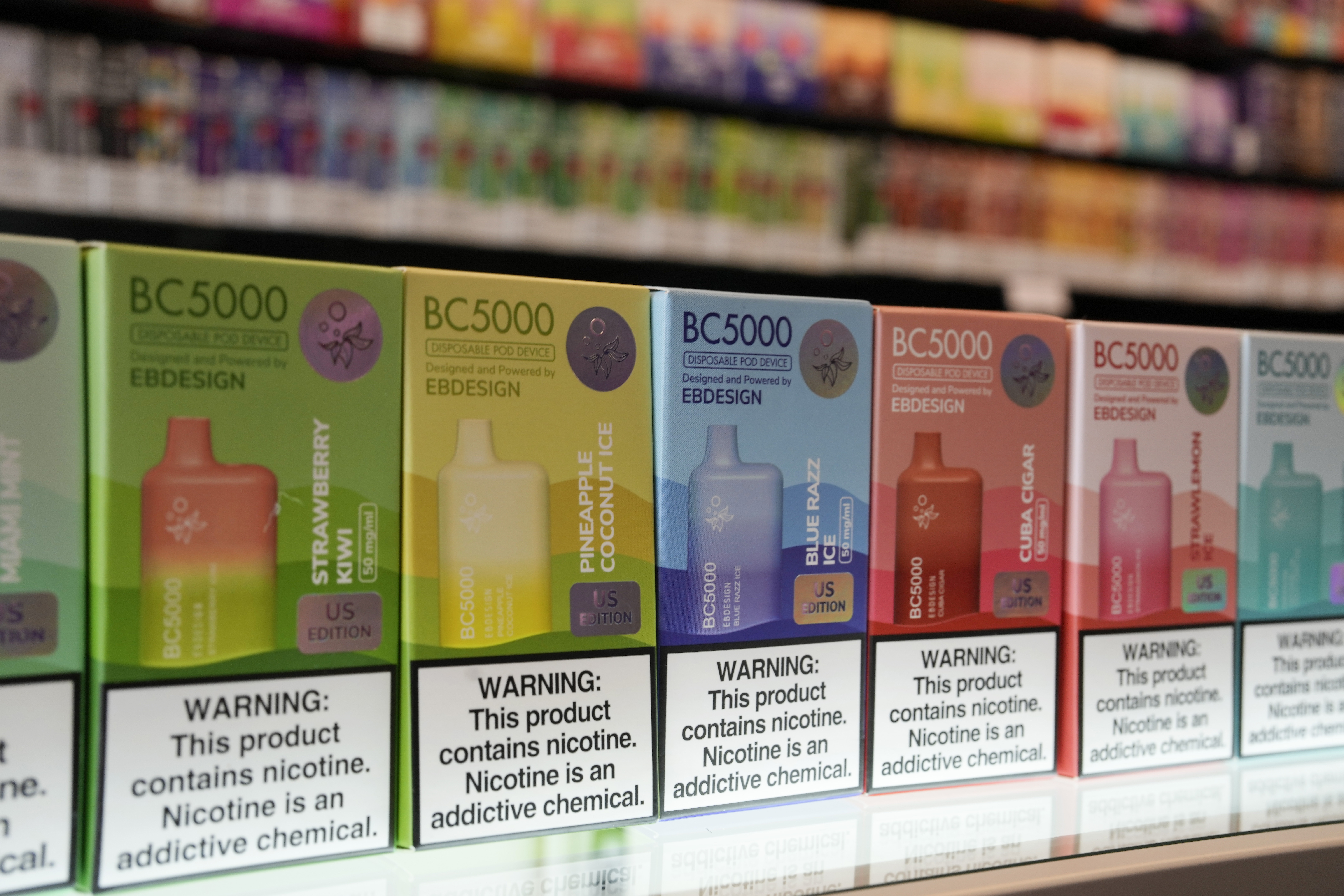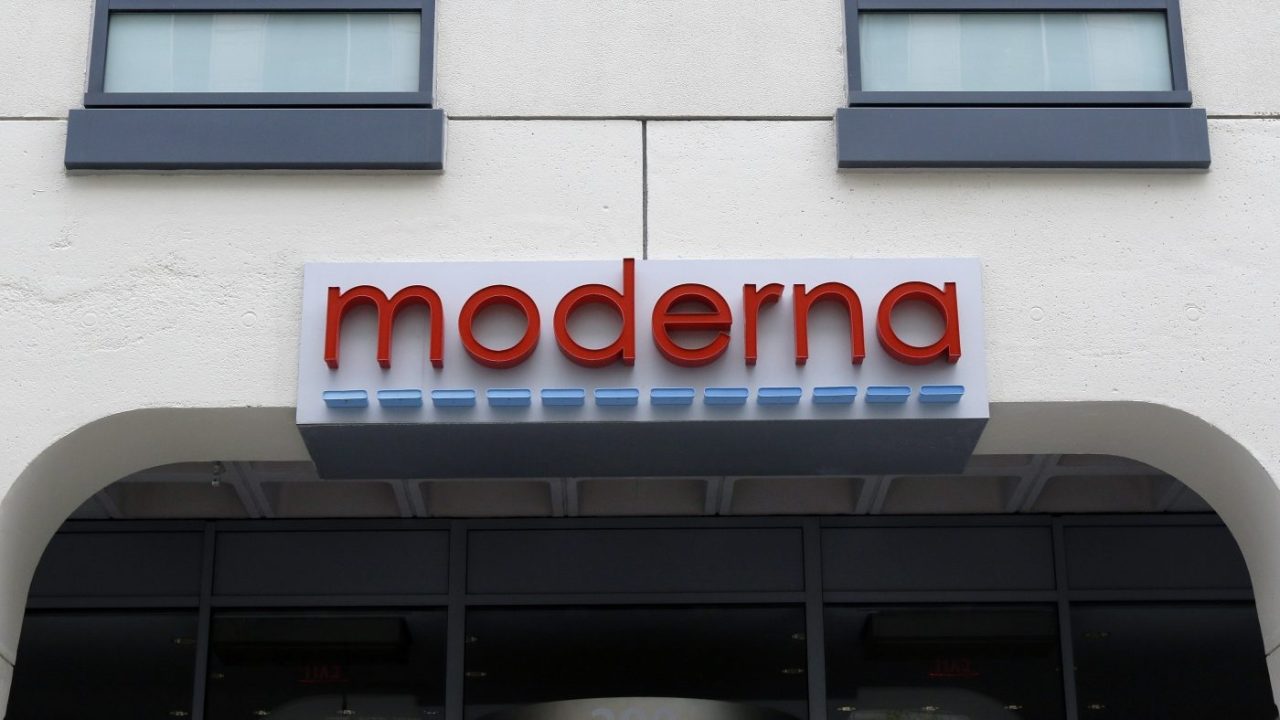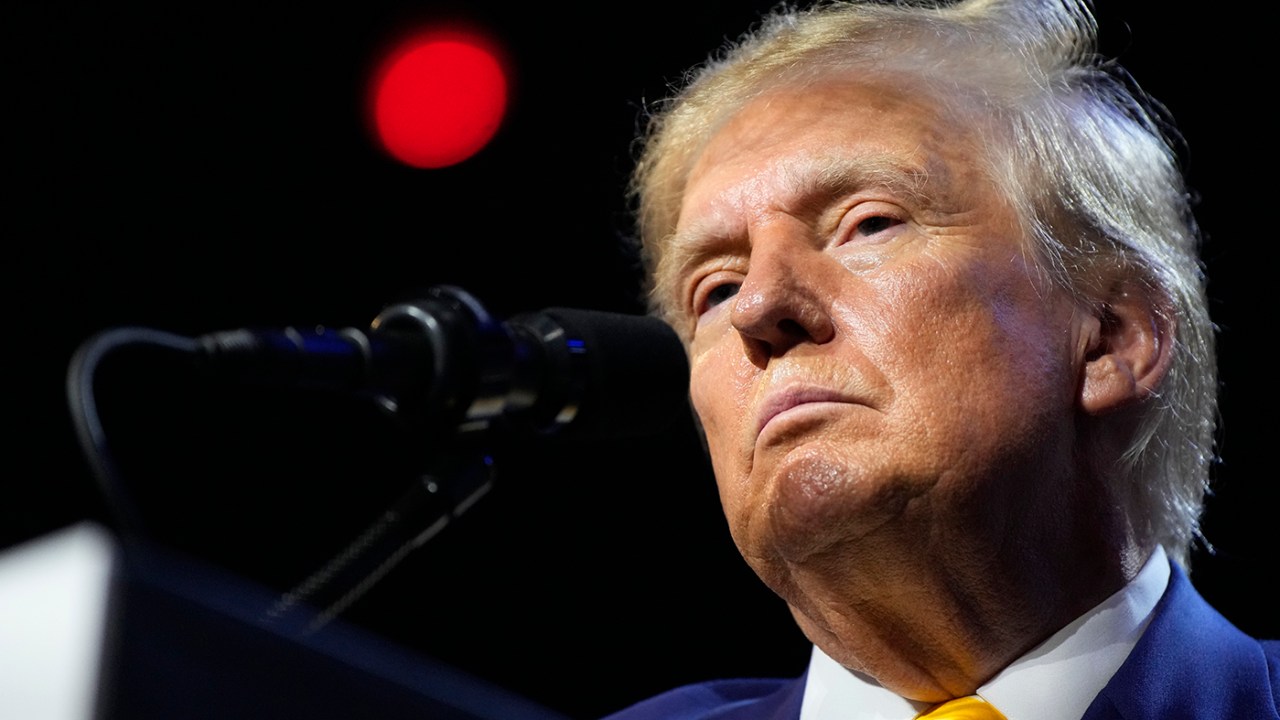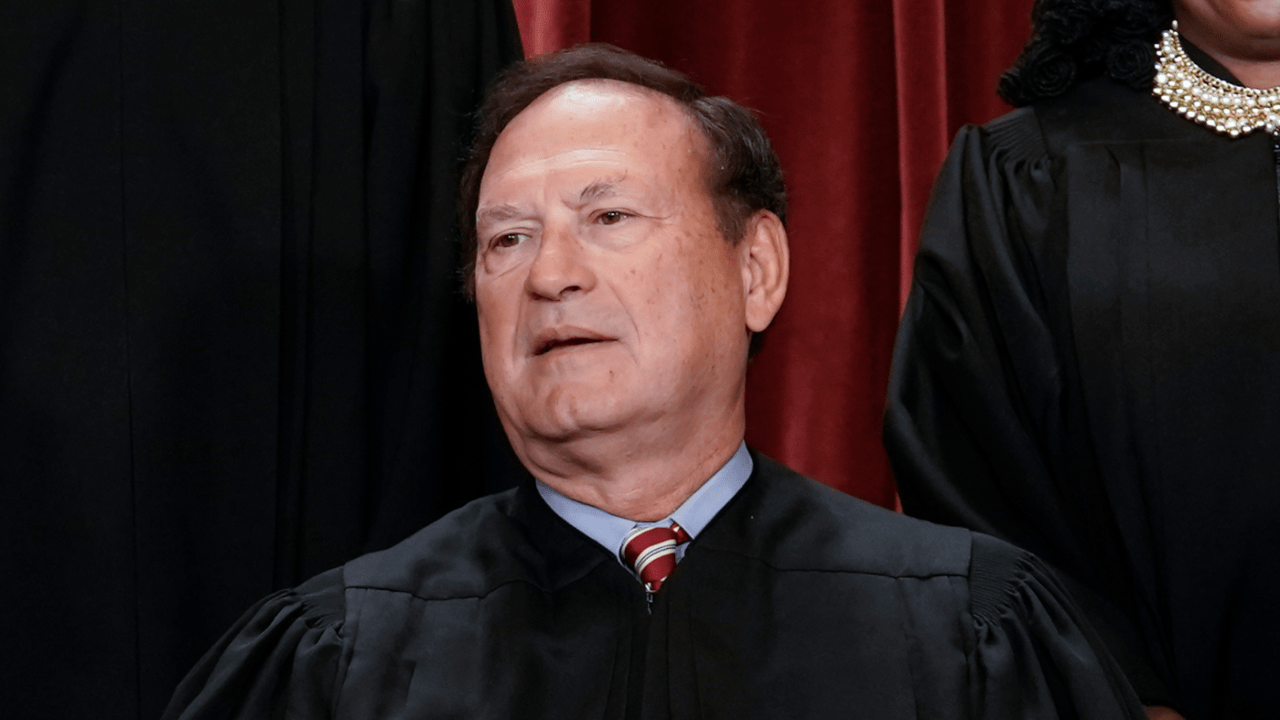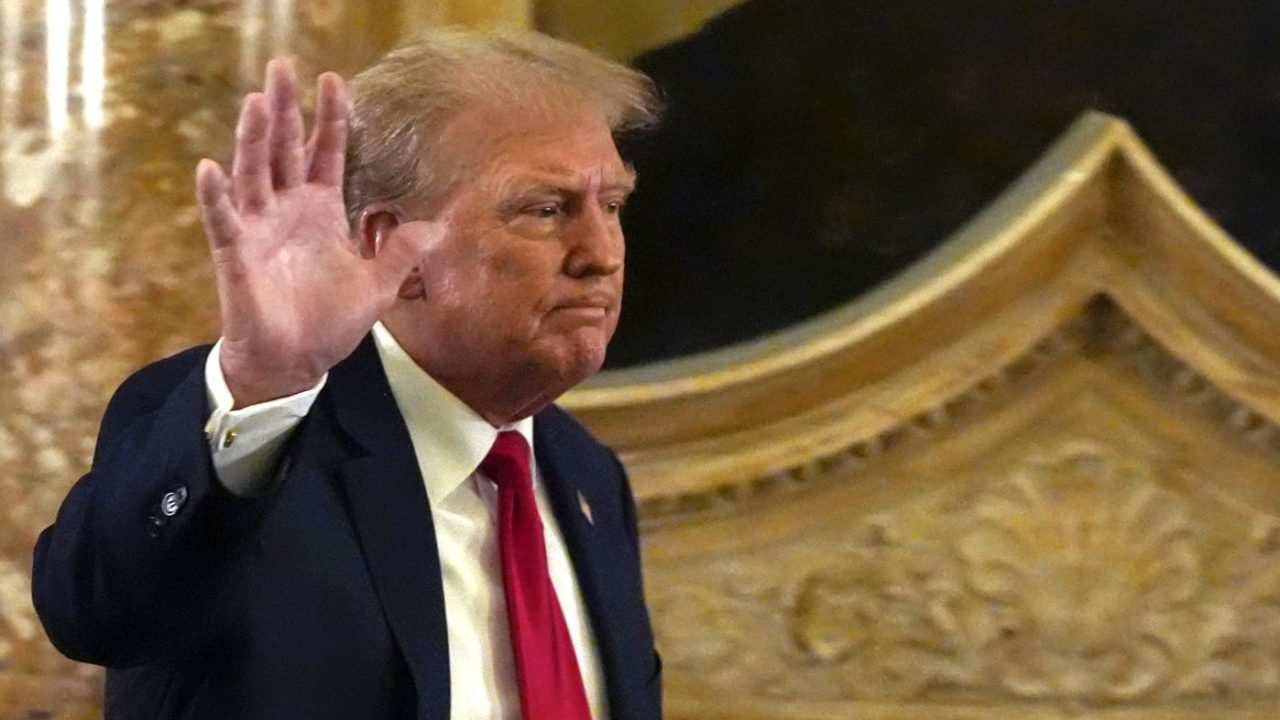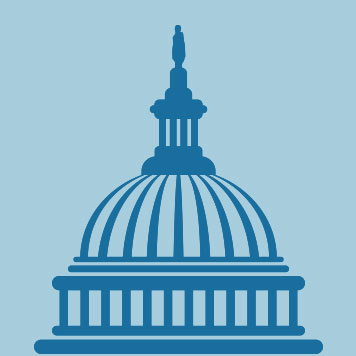Critics have widely argued that illicit vaping products are purposely designed to appeal to children and young adults. Despite the Food and Drug Administration (FDA) issuing a ban on most fruit and mint-flavored e-cigarettes, products continue to flow into the U.S.
The FDA announced Monday it will partner with the Department of Justice and the U.S. Postal Service, among other agencies.
Lawmakers and public health groups were cautiously optimistic.
“The creation of this task force can be an important step in preventing youth use of e-cigarettes, which are endangering the health and well-being of young people,” said Yolonda Richardson, president and CEO of the Campaign for Tobacco-Free Kids. “This move will only have an impact if it is immediately followed with concrete and comprehensive enforcement actions.”
Sen. Dick Durbin (D-Ill.) has been an outspoken critic of FDA’s efforts to regulate and police the e-cigarette market.
“I’m glad my calls for greater enforcement against unauthorized e-cigarettes have been heeded,” Durbin said in a statement. “But new partnerships only matter if our federal agencies use their enforcement tools instead of cowering to the tobacco industry’s lawyers. Thus far, our agencies have failed to prevent a wave of youth e-cigarette addiction.”
The FDA has authorized the sale of only 23 e-cigarettes for adult smokers looking for alternatives to traditional cigarettes. These are the only e-cigarette products that currently may be lawfully marketed and sold in the United States.
Still, thousands of unauthorized products find their way into the U.S., primarily from China, and the FDA is facing bipartisan pressure to do more to stop Chinese vape products in kid-friendly flavors from entering the market.
They include major disposable products such as Elf Bar, which was the most popular e-cigarette among underage teens last year.



